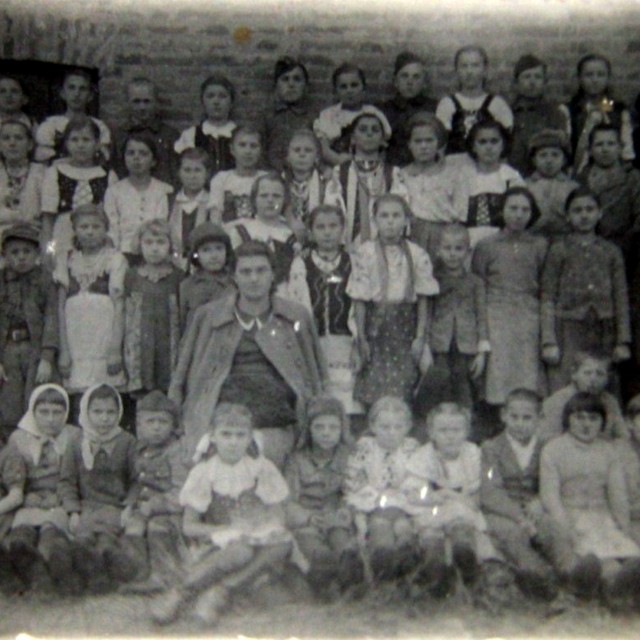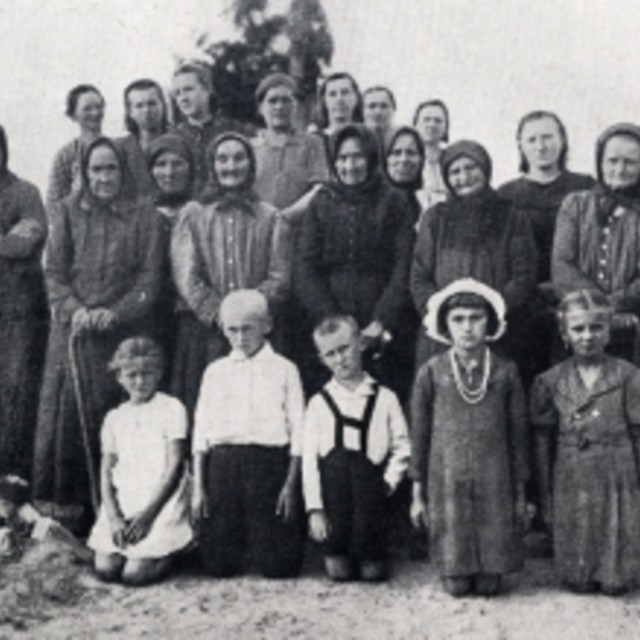Zachránil se na lípě
Paní Emílie Jarmarová, rodačka z Volyně, se za 2. světové války setkala se čtrnáctiletým chlapcem, který jako jeden z mála přežil vypálení Českého Malína. „On pořád plakal a ostatní z něj byli hotoví.“ Emílie se ho ujala a chlapec jí pak vyprávěl, čemu v Českém Malíně unikl. „Na dvoře měli velkou lípu, a když se blížily tanky, tak ho maminka poslala, ať se podívá, kam jedou. Najednou se otevřely vrata a tatínka mu hned mezi dveřmi zastřelili. Zastřelili i chlapcovu pětiletou sestřičku a všechny ženy z vesnice naháněli do jejich stodoly, polévali benzínem a zapalovali to. Doma měli babičku, která už nechodila, nemluvila, jen ležela, přinesli babičku ke stodole, polili ji benzínem a hodili ji tam taky.“ Chlapce na stromě si nikdo nevšiml.
Hodnocení
Hodnotilo 0 lidí
Routes
Not a part of any route.
Comments
No comments yet.



